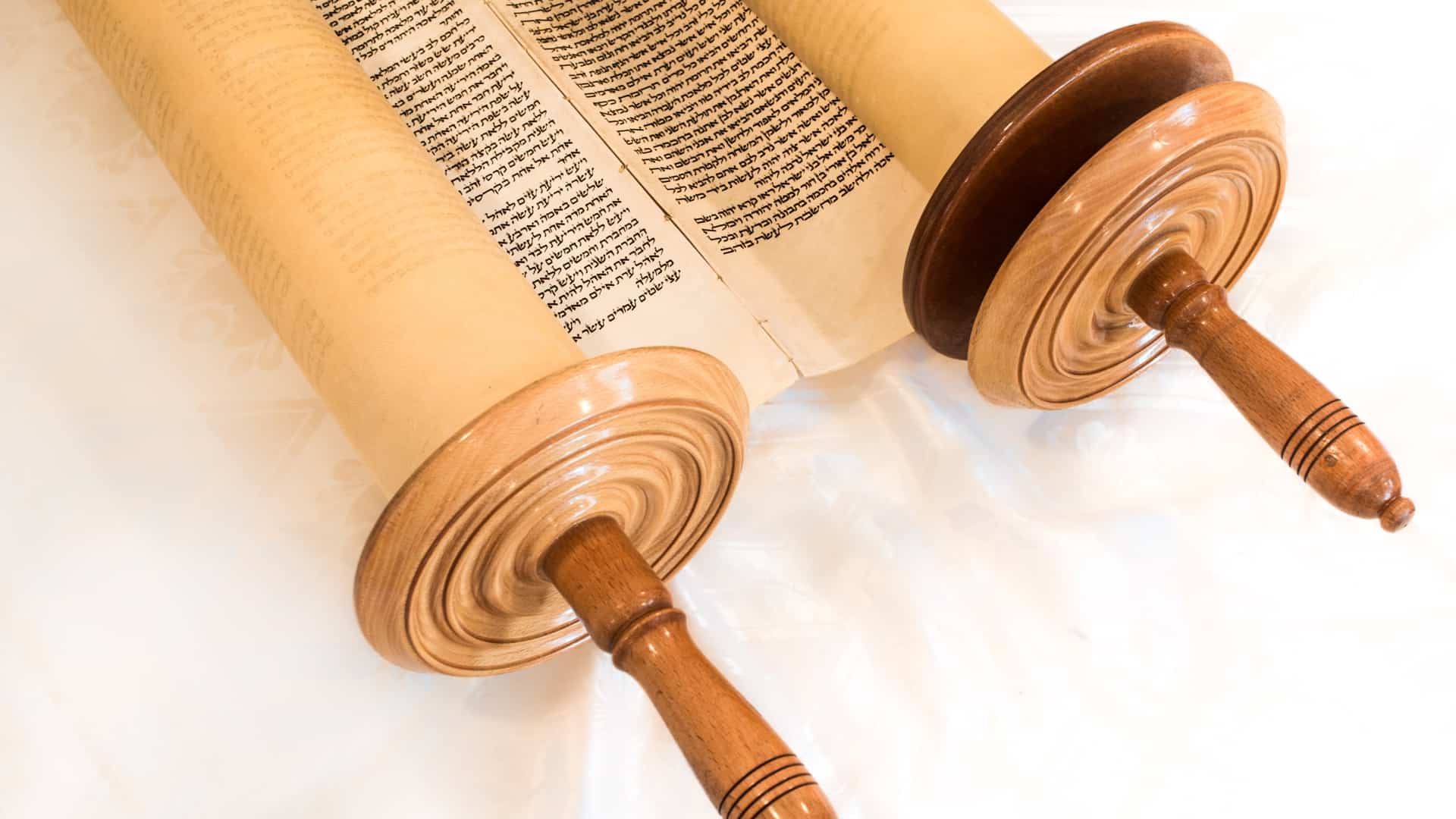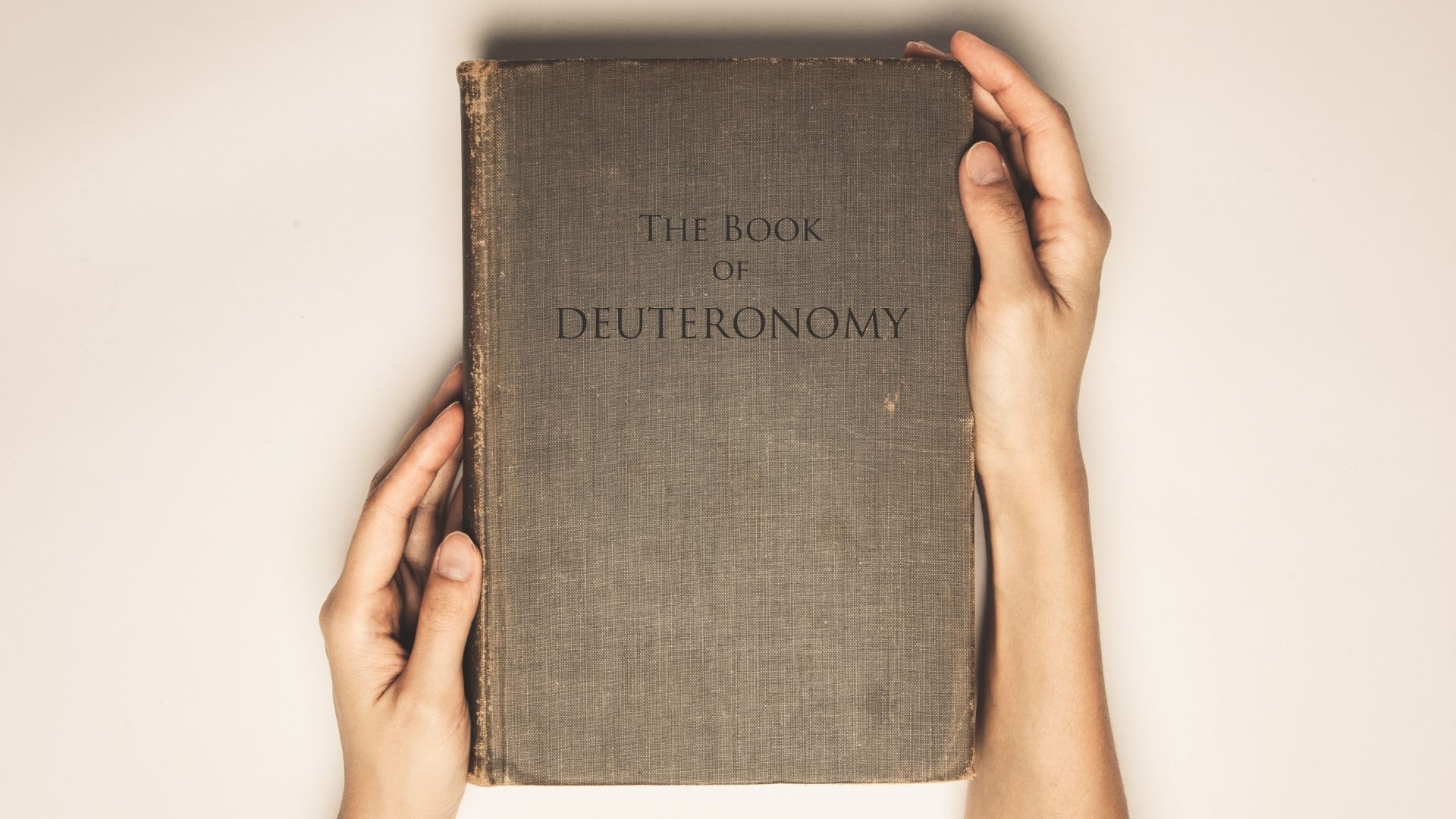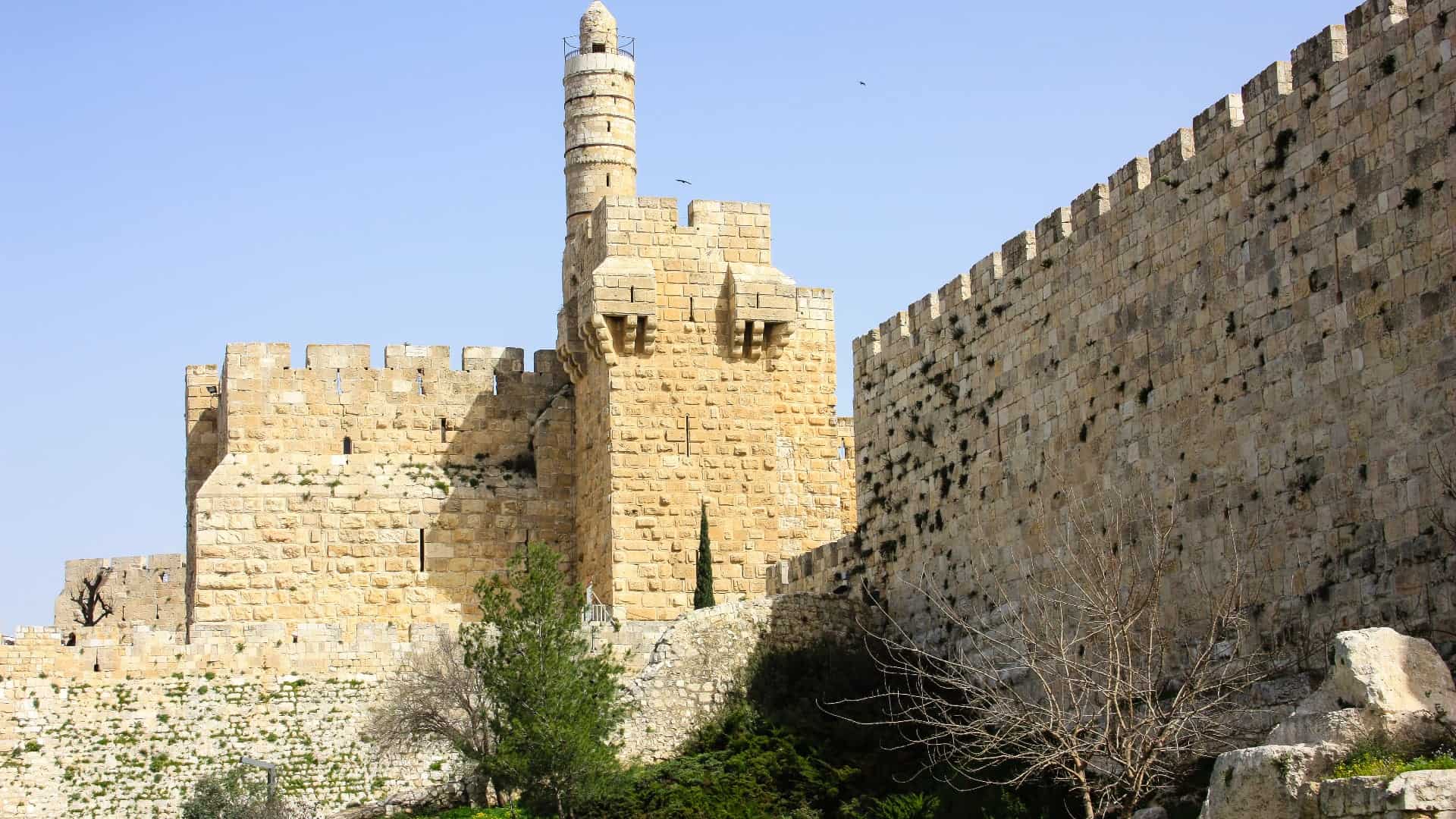How Habits Help You Grow (Deuteronomy 6:4-12)

Big Idea: Know and love God by building habits.
I want to talk to you for a few minutes about habits.
A few years ago I came across this excellent book on habits. It was the first time that I had even considered the importance of building habits for living well. But I filed it away and didn’t do much with it, other than think that it was an interesting book to read.
Then, a few years ago, Char began to follow a habit-based program that changed her life. Her health improved dramatically as she began to eat and drink differently. Now I had firsthand evidence that habits work, at least when it comes to getting in better shape.
But then we began to wonder: could habits also help us grow spiritually? What do habits have to do with our walk with God? I came books like Habits of Grace, and articles like this one:
Your perseverance, under God, is in your habits. Heaven and hell hangs on habits. Show me a man’s habits, and you’ll give me a glimpse into his very soul. The habits you develop and sustain today will affect whether you persevere till the end or make shipwreck of the faith.
Simply put, your habits are one of the most important things about you.
That got my attention. Habits aren’t just a life hack. They’re essential for how we live our lives. They’re crucial to what it means to follow God.
And so today I want to talk to you about habits. My thesis is simple: you need to develop habits that put you in the path of grace. And just so you don’t think that I’m making this up or just borrowing from books, I want to take us to an important passage in the Hebrew Scriptures.
This is one of the most important passages in all of the Old Testament. It’s the Shema — the centerpiece of the morning and evening prayer services. Jesus affirmed the command in this passage as the greatest commandment, the heart of what God requires from us.
And here’s what we learn. Three things.
God calls us to know and love him. (6:4-5)
The question is still as relevant today as it ever is: What does God want from us? The answer this passage gives us is clear:
Hear, O Israel: The LORD our God, the LORD is one. You shall love the LORD your God with all your heart and with all your soul and with all your might. (Deuteronomy 6:4-5)
Here’s the heart of what God wants from us. First: to understand who God is. In a world with hundreds of competing gods, God asserts his exclusive identity as the only true God. He is incomparable. As he says a little earlier about his saving acts: “To you it was shown, that you might know that the LORD is God; there is no other besides him” (Deuteronomy 4:35).
This was true when God rescued them from Egypt. Imagine how much more true this is for those of us who know more of God — for those of us who have not just been rescued from slavery, but have been rescued from sin and death. God has saved and rescued us so that we may know that the LORD is God, and there is no one else like him.
Even today there are many competing gods that demand your loyalty. The heart of what God wants is first for us to understand that he has no rival. There is no-one else like him. God has no rivals. It’s all about him.
Logically, the second part of what God wants from us follows. Second: God wants our devotion, loyalty, and love. If God is who he says he is, then there’s no option. He is worthy of all of our love. It makes sense that we should love him wholeheartedly in light of who he is and what he’s done for us.
This is the heart of what the Christian life is all about. The most important fact you can know about God is this: God is God. There is nobody else like him. Nothing else comes anywhere close to deserving our loyalty, love, and adoration.
How should we respond? We should respond by loving him back. As Chris Wright says, “There are no limits on loving God. You can never say you have loved him enough.” Loving him completely will change every part of our lives: our relationships, our sexuality, our careers, our money, everything.
That’s the first thing we learn in this passage. God wants us to know him and love him, holding nothing back.
But here’s the next thing we learn.
We’re in danger of forgetting God instead. (6:10-12)
I love the realism of this passage. It gets right to the heart of our problem as human beings. Look at verses 10 to 12 with me:
And when the LORD your God brings you into the land that he swore to your fathers, to Abraham, to Isaac, and to Jacob, to give you—with great and good cities that you did not build, and houses full of all good things that you did not fill, and cisterns that you did not dig, and vineyards and olive trees that you did not plant—and when you eat and are full, then take care lest you forget the LORD, who brought you out of the land of Egypt, out of the house of slavery. (Deuteronomy 6:10-12)
Here’s the reality about us. We’ve already seen that God has no rivals. There is no other god like him. Nobody else is worthy of our worship.
You know what the biggest rival to God is in our hearts? Not Baal or Allah or some other deity who doesn’t even exist. The greatest rival to God in our hearts is his gifts. It’s cities, houses full of good things, food, and the good life. Moses warns the people: the greatest danger to their souls is that they will love the gifts of God more than they will love God himself.
It’s possible for our souls to be so satisfied with the gifts of God that we have no hunger left for God, the one for whom our souls were created. John Piper nails it:
God’s Greatest Adversaries Are His Gifts
The greatest enemy of hunger for God is not poison but apple pie. It is not the banquet of the wicked that dulls our appetite for heaven, but endless nibbling at the table of the world. It is not the X-rated video, but the prime-time dribble of triviality we drink in every night. For all the ill that Satan can do, when God describes what keeps us from the banquet table of his love, it is a piece of land, a yoke of oxen, and a wife (Luke 14:18–20). The greatest adversary of love to God is not his enemies but his gifts. And the most deadly appetites are not for the poison of evil, but for the simple pleasures of earth. For when these replace an appetite for God himself, the idolatry is scarcely recognizable, and almost incurable.
The good life can become a deadly substitute for God. The greatest threats to your soul are probably not bad things but good things, because those good things can take the place of God in your life. The greatest danger to your life may not be another god, but a closet full of clothes, a great RRSP, local craft beer, a vacation on YYZ Deals.
This is what makes life in Liberty Village so dangerous. We live amazing lives here. Toronto is the seventh most livable city in the world. And within Toronto, Liberty Village is the 59th best community, according to Toronto Life — even though we know it’s much higher than that. This means that we are especially in danger of living such a good life that we will eat and be full, and then forget the LORD.
God calls us to know and love him, but we’re in danger of forgetting God instead.
What should we do then?
Develop habits that help you know and love so you don’t forget. (6:6-9)
Verses 6 to 9 say:
And these words that I command you today shall be on your heart. You shall teach them diligently to your children, and shall talk of them when you sit in your house, and when you walk by the way, and when you lie down, and when you rise. You shall bind them as a sign on your hand, and they shall be as frontlets between your eyes. You shall write them on the doorposts of your house and on your gates.
What will help us know and love God despite all the distractions? We’re to take this commitment to God and allow it to permeate all of our lives. Notice the concentric circles moving from the inside out:
- our hearts as individuals
- our households
- the public — public declarations of our faith in God as signs on our hands, frontlets between our eyes, writing on the doorposts of our houses.
It’s likely that the last instructions were meant literally — which is why many started wearing phylacteries, small boxes on the forehead that contained Scripture.
Moses called the people to remember by constant repetition, and weaving their faith and trust in God into every part of their lives.
To know and love God means that we take repeated action to integrate that knowledge and love into every part of our lives: private, family, and public. And there are certain actions we can take that will help.
God’s call on your life is to know and love him. You, like every other human being, are in danger of forgetting God. The solution is to develop habits — repeated actions — that keep your love for God at the center of every part of your life. In other words, repeated habits are crucial when it comes to following Jesus.
So let me ask you: what repeated actions can you take in your life to cultivate the knowledge and love of God in your life?
It’s easy to read a passage like this and leave it at a theoretical level. Next week we’re going to look at three habits that all of us need to build into our lives.
But today I want to ask you to do something practical. This passage told the Israelites to “bind them as a sign on your hand, and they shall be as frontlets between your eyes. You shall write them on the doorposts of your house and on your gates.”
I’m not going to ask you to wear something on your hand or between your eyes this week. I thought about it, but I decided against it. I also considered asking you to write something on the doorposts of your house, but I thought the condo corporation may not like that.
But here’s what I am going to ask you to do. When you came in today you were given a sticky note. I want to ask you to write something from this passages and to post it on your bathroom mirror at home this week. It will be a habitual reminder that will help you remember God, especially when you’re so satisfied with your life that you’re tempted to forget him.
I’m going to ask you to go even father. I decided to splurge and give you more than one sticky note. Maybe you’ll want to get crazy and post a reminder somewhere else — in your wallet, or on your laptop, or somewhere else where you will see it during the day.
The goal is to remind you to know and love God, and because you are likely to forget this, to use these as reminders in your life to remember him. And then I want you to come back next week as we look at three core habits that we all need.
Know and love God by building habits.





